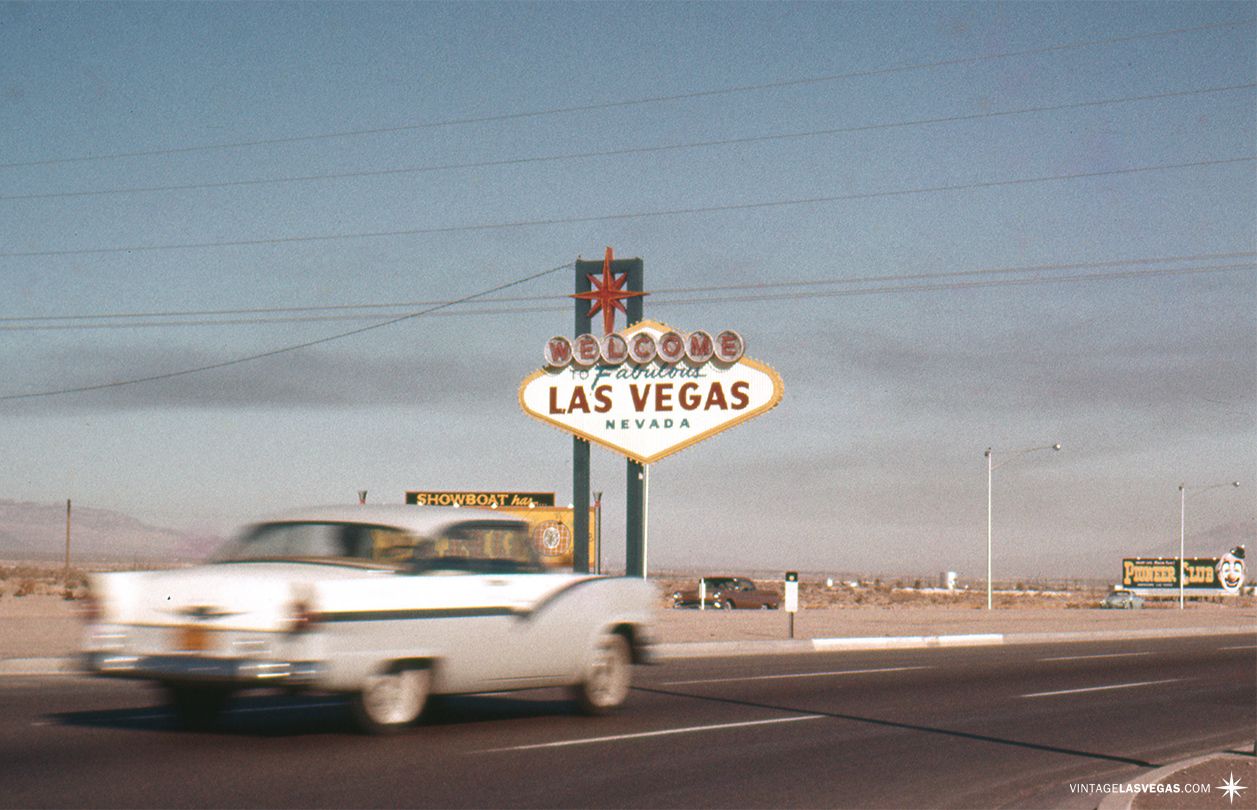Viva Las Vegas? Published in The Spectator, May 2020

The West is dying and we are killing her. We’re proud to destroy our own freedoms and repackage failure as democratic progress. We champion our rolling-out of red tape, the bureaucratic creep that strangles a nation’s liberty. The American Dream has been replaced by mass-packaged mediocrity porn, encouraging us to revel like happy pigs in our own meekness.
No place demonstrates this demise better than the San Francisco Bay Area. Despite the area’s claims to diversity, it suffocates with homogeneity. Everyone wants to start a company, everyone wants to be a contrarian investor, everyone thinks about everything in exactly the same way. Expensively indifferent, my Palo Alto house had the same architect and unique style as every other house on the street. The dinner conversations began to blur into one. Was I going crazy, or was it them?
In March, I packed up and moved to Las Vegas. There is no pretending here amid the flashing lights. Las Vegas is a city of explicit nihilism and it champions the American Dream. People want to be rich, admired and loved, and they don’t hide it. The coastal elites love to say that the gluttony of Las Vegas is beneath them. Deep down, they resent themselves for letting the American Dream slip away. They’re afraid of laughing, of crying, of accepting emotions beyond narrow parameters.
Las Vegas is not selling you a fake morality. You can care or not, and no one will judge you. I grew tired of California’s virtue signaling, the self-flagellation and the demands that we apologize for our own success. We are taught to tone down our splendor, to be ashamed of our successes, to live in mediocrity as a symbol of equality with our neighbors. The wealthy are fasting in their minimalist houses, worried about the potential resentment of their employees and customers. We’re all self-censoring, nervous that the wrong word, phrase or pronoun will destroy our careers and livelihood.
The psychological weight of this tip-toeing forces us to look for joy in little things: the yoga classes, the mindfulness podcasts, the $22 custom gluten-free, dairy-free salads. When I first ordered the giant fruit sherbet sundae at the Peppermill, a 24-hour neon-lit Las Vegas diner, I felt relieved of California’s judgement. A huge mold of pink frozen sherbet dripped out of a supersize pineapple, like a soft volcanic ooze. The splendor was mine for only $13.
The elites in Silicon Valley are ashamed of their elitism. In their false apologies, they promote narratives that intend to show how much they care for the rest of society. This messaging, the worst form of pity, only belittles their neighbors. The irony is lost on them. For not once did they feel a moment of true greatness, the power to shape the world around them, more than picking the color of their new Tesla. The people who rose to the top of Las Vegas recognized the power in enjoying it all, for that skill was what allowed them to package it to the rest of society. Give me the surrealist grandiose dreams of Las Vegas over San Francisco any day. I’ll take a gondola from the Venetian and meet you outside of Cheesecake Factory.
Where Silicon Valley is mild and ashamed of its reach, Las Vegas is spectacular. Three-hundred-and-sixty pounds of caviar are consumed at the Bellagio Hotel’s buffet every year. The aptly titled Bacchanal Buffet at Caesar’s Palace serves 500 different types of food to more than 3,500 daily guests. Their Golden Opulence Sundae, which costs $1,000 and is covered in 23-carat gold leaf and served with passion fruit infused caviar. During the lockdowns, while looking out at the empty Strip from my balcony, I fantasized about ordering one for the sake to watch it completely melt. No-one expected that the hotels and buffets would remain closed for over two months. Each afternoon, hundreds of cars would drive up and down the Strip, tooting their horns, waving their flags and demanding that the country be reopened. I found solace in their expression of emotion, their lack of passivity in a world that wanted to crush them.
The question of whether Las Vegas will survive COVID-19’s economic aftermath seems to be the wrong one. Las Vegas already died, at heart, when the hotel owners sold out to international markets at scale. Old photos of the Rat Pack showed an America era pregnant with possibility. When I last stayed at Steve Wynn’s Encore, I could have been in the Mandarin Oriental in Hong Kong. The hotel made it very clear that I was not the target customer. I had come for the American Dream but America was no longer selling it.
Who can blame the hotels? In 2003, China accounted for 4.3 per cent of world economic output. Last year, it accounted for more than 16 per cent. Adding one non-stop flight route from Beijing to Vegas brought in an estimated $33m in extra spending in a single year. The former Stardust hotel site, the backdrop of Scorsese’s Casino, was purchased by Malaysia based Genting Group in 2013. Their plans? Resorts World, an 8m square-foot, 3,500-room Chinese-themed resort with its own panda park and replica of the Great Wall.
During the COVID-19 lockdown, the Las Vegas Strip was empty. Now, re-opening is becoming possible. Instead of debating whether the older Vegas hotels will survive or if we should be bailing them out, perhaps now is a time for us to collectively consider the future of the city as a whole.
Moralists might cheer at the prospect of their sin city crumbling into the sand. I dream of Vegas, like the rest of the country, being rebuilt even greater than before. To set an example again for the American Dream, developing cities of brutal honesty, aspiration and splendor. In order to build, we need to dream, and to be able to dream we need to accept the risk that we may fail, that things may hurt, that life is not and cannot be fair. In those murky waters is where the magic lies, the spirit that has carried our civilization.
For Las Vegas to survive — and for the West to thrive again — our society and culture needs to return to believing in itself. We’ve developed fictional narratives to ensure no one experiences too much, that nothing deeply hurts or makes us too happy. In this gross misappropriation of Stoicism, we’ve taken a moral stance against meritocracy, the founding principle of our greatness.
We’ve replaced true ambition with egalitarian goals, free of risks, secure and comfortable. We crush true originality and individualism because it may lead to unbridled success and happiness, bursting the bubble in which the rest of us can hide. We convince ourselves that this scaled homogeneity is happiness, but it’s little more than carefully packaged mass nihilism. We are the Nietzschean nightmare of the Last Men. If Vegas today is a prediction of America tomorrow, our future is Resorts World: a delusional and degraded service economy for China.
It is time for us to dream once more, to aspire to do great things, to fix more lights in the sky. The prerequisite of this is that we must appreciate the value of winning, and also the value of losing too. Every generation is condemned to learn the same fundamental lesson of history: it is greatness and nothing less that will save us.
